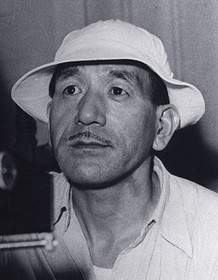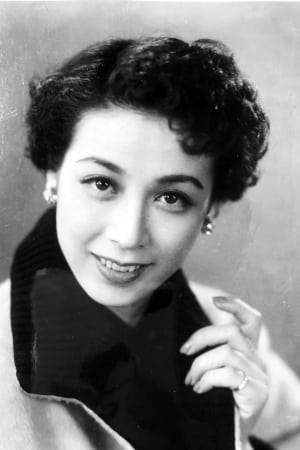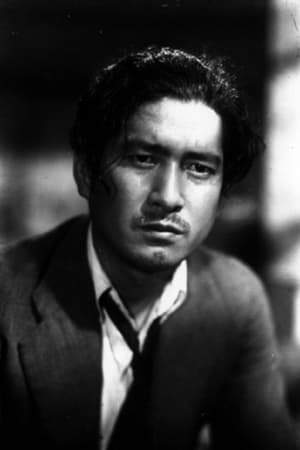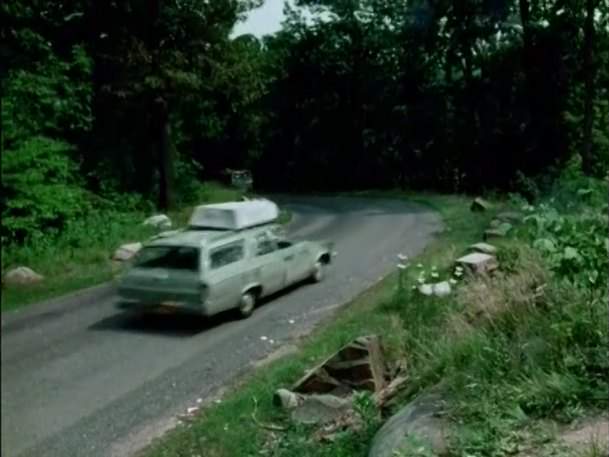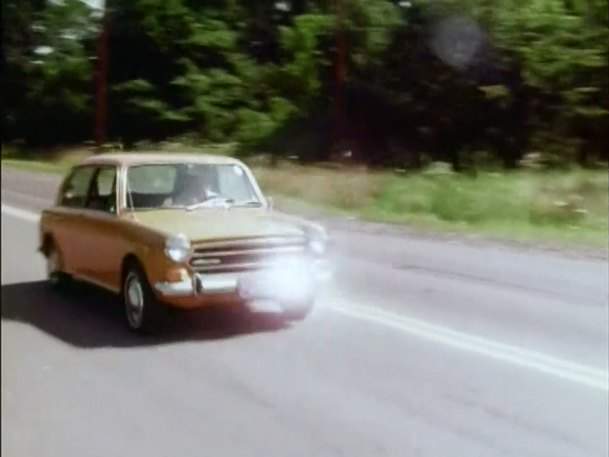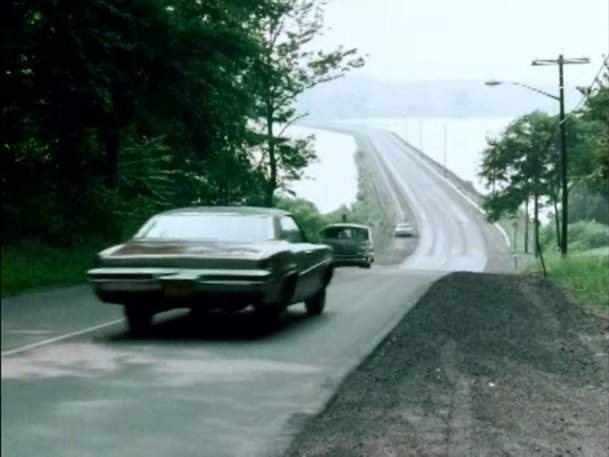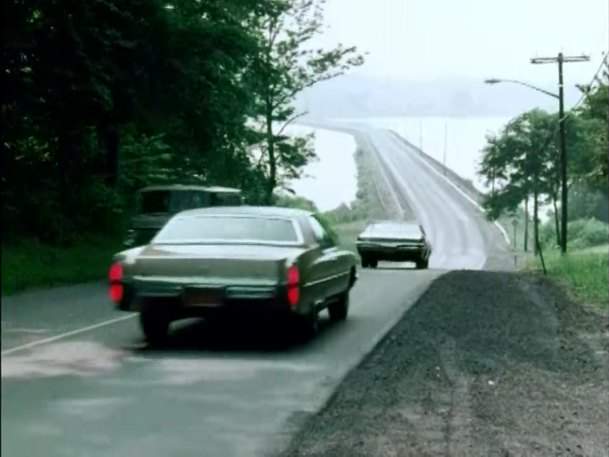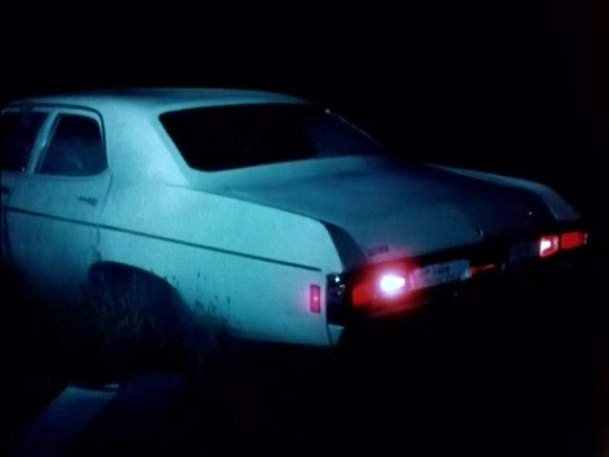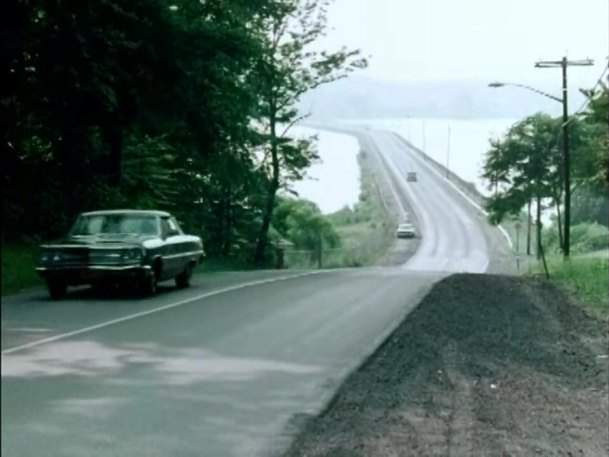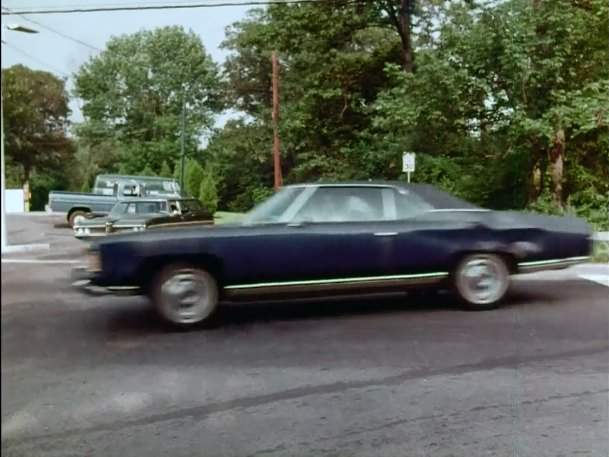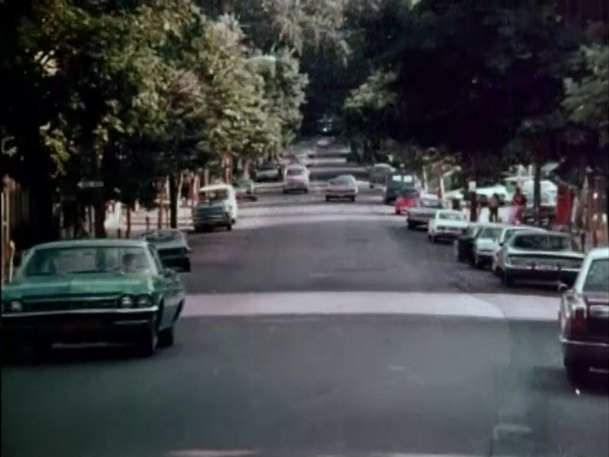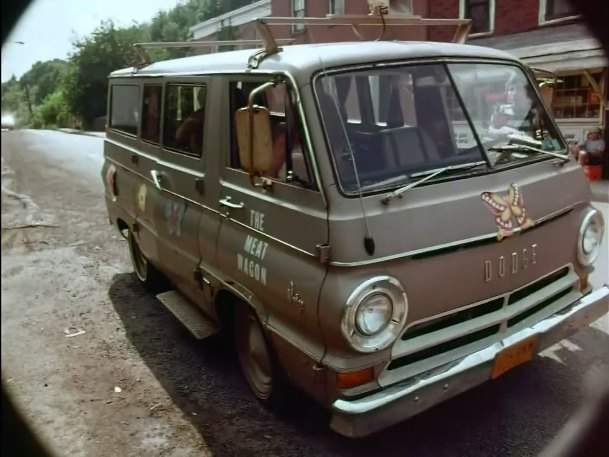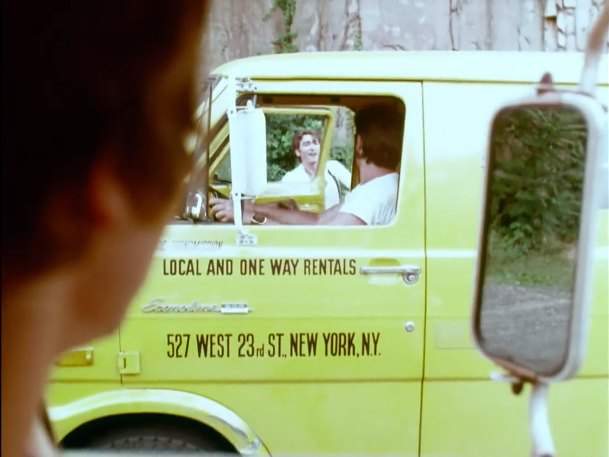Early Summer 1972
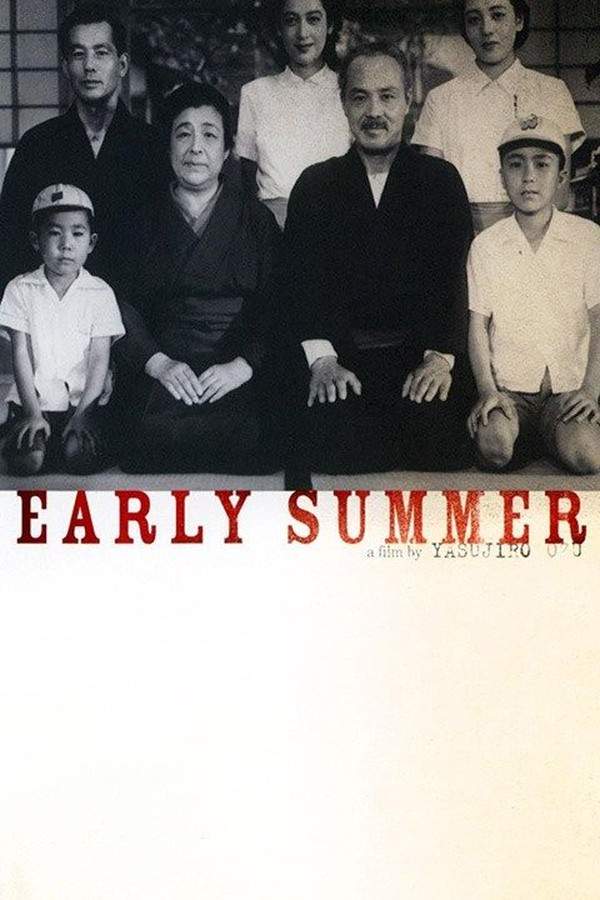
In postwar Tokyo, Noriko, a 28-year-old woman, finds herself at a pivotal moment, balancing her desire for independence with the expectations of her family and society. Faced with pressure to marry, she grapples with two very different possibilities: the stability offered by a match with Takako, and the resurfacing of a childhood connection with Kenkichi, whose return stirs up buried feelings and complicates her choices.
Does Early Summer have end credit scenes?
No!
Early Summer does not have end credit scenes. You can leave when the credits roll.
Meet the Full Cast and Actors of Early Summer
Explore the complete cast of Early Summer, including both lead and supporting actors. Learn who plays each character, discover their past roles and achievements, and find out what makes this ensemble cast stand out in the world of film and television.
External Links and Streaming Options
Discover where to watch Early Summer online, including streaming platforms, rental options, and official sources. Compare reviews, ratings, and in-depth movie information across sites like Wikipedia, Rotten Tomatoes, Metacritic or Movie Insider.
Ratings and Reviews for Early Summer
See how Early Summer is rated across major platforms like IMDb, Metacritic, and TMDb. Compare audience scores and critic reviews to understand where Early Summer stands among top-rated movies in its genre.

94
Metascore
8.0
User Score


100%
TOMATOMETER

92%
User Score
Take the Ultimate Early Summer Movie Quiz
Challenge your knowledge of Early Summer with this fun and interactive movie quiz. Test yourself on key plot points, iconic characters, hidden details, and memorable moments to see how well you really know the film.
Early Summer Quiz: Test your knowledge on the classic film 'Early Summer' from 1972.
What is the name of the seaside town where Noriko Mamiya lives?
Kamakura
Akita
Tokyo
Osaka
Show hint
Full Plot Summary and Ending Explained for Early Summer
Read the complete plot summary of Early Summer, including all major events, twists, and the full ending explained in detail. Explore key characters, themes, hidden meanings, and everything you need to understand the story from beginning to end.
Noriko is a 28-year-old secretary living in Kamakura, Kanagawa with her extended Mamiya family, which includes her parents, Shūkichi and Shige, as well as her older brother Kōichi, a physician, his wife Fumiko, and their young sons, Minoru and Isamu. The family dynamic shifts when an elderly uncle arrives, reminding everyone of the societal expectation for Noriko to settle down and marry.
At her workplace, Noriko’s boss, Satake, suggests a match with a businessman and golfer, Mr. Manabe, who is 40 years old. This proposition leads to the emergence of two distinct circles among Noriko’s friends—those who are married and those who are not. In this milieu, Aya Tamura stands out as Noriko’s closest ally in the single group, often enjoying light-hearted teasing from both sides.
The gentle pressure from her family to accept the proposed match grows stronger as they collectively believe it is a suitable option for her age. Things take a surprising turn when childhood friend Kenkichi Yabe, a doctor and widower with a young daughter, arranges tea with Noriko and gifts her a sheaf of wheat. This sheaf holds deep emotional value as it is a token from a brother who perished in World War II, entrusted to Yabe to pass on to Noriko.
As fate would have it, Yabe’s professional assignment leads him to Akita, a place which Noriko and Aya poke fun at for its rural accent. Nevertheless, when Yabe’s mother, Tami, impulsively proposes that Noriko marry him and accompany them north, she consents. This decision, however, leaves her family in a quiet state of devastation, guiding her to question her choice, as they suggest that this match might not be the best path for her.
Despite their initial disappointment, Noriko remains steadfast, and her family begins to come to terms with her decision. The moving moment of a family photograph signifies their acceptance, with her parents finding solace in the hope that Noriko and Kenkichi might eventually return to Tokyo, allowing for future family reunions. As they prepare for this change, Noriko’s parents make their own plans to move to the countryside with her elderly uncle.
The film culminates in a poignant visual of Noriko’s parents observing a bride in traditional attire walking down a serene country road. This final scene, paired with the image of a barley field ripening in the background, beautifully encapsulates the themes of family, tradition, and the bittersweet nature of change.
Uncover the Details: Timeline, Characters, Themes, and Beyond!

Coming soon on iOS and Android
The Plot Explained Mobile App
From blockbusters to hidden gems — dive into movie stories anytime, anywhere. Save your favorites, discover plots faster, and never miss a twist again.
Sign up to be the first to know when we launch. Your email stays private — always.
Discover Film Music Concerts Near You – Live Orchestras Performing Iconic Movie Soundtracks
Immerse yourself in the magic of cinema with live orchestral performances of your favorite film scores. From sweeping Hollywood blockbusters and animated classics to epic fantasy soundtracks, our curated listings connect you to upcoming film music events worldwide.
Explore concert film screenings paired with full orchestra concerts, read detailed event information, and secure your tickets for unforgettable evenings celebrating legendary composers like John Williams, Hans Zimmer, and more.


Cars Featured in Early Summer
Explore all cars featured in Early Summer, including their makes, models, scenes they appear in, and their significance to the plot. A must-read for car enthusiasts and movie buffs alike.

Unlock the World of Movies with Our Comprehensive Wiki
Dive into our Movie Wiki for in-depth film encyclopedia entries, including cast biographies, production trivia, plot synopses, behind-the-scenes facts, and thematic analyses. Whether you’re researching iconic directors, exploring genre histories, or discovering hidden easter eggs, our expertly curated movie database has everything you need to fuel your cinematic passion.

Quick Links: Summary, Cast, Ratings, More

What's After the Movie?
Not sure whether to stay after the credits? Find out!
Explore Our Movie Platform
New Movie Releases (2026)
Famous Movie Actors
Top Film Production Studios
Movie Plot Summaries & Endings
Major Movie Awards & Winners
Best Concert Films & Music Documentaries
Movie Collections and Curated Lists
© 2026 What's After the Movie. All rights reserved.



